
Music as Life Philosophy: 10 Ways Music teaches us to Live Better.
How does music help us live better? Many musicians adopt an approach to life that is based upon the lessons they learn through their music practice. Music, apart from being a series of organised sounds, can also serve as a philosophy for life that hones our skills and perspectives. This article explores ten core ways that music can be used as a philosophy for living, providing life skills that are transferable into other domains.
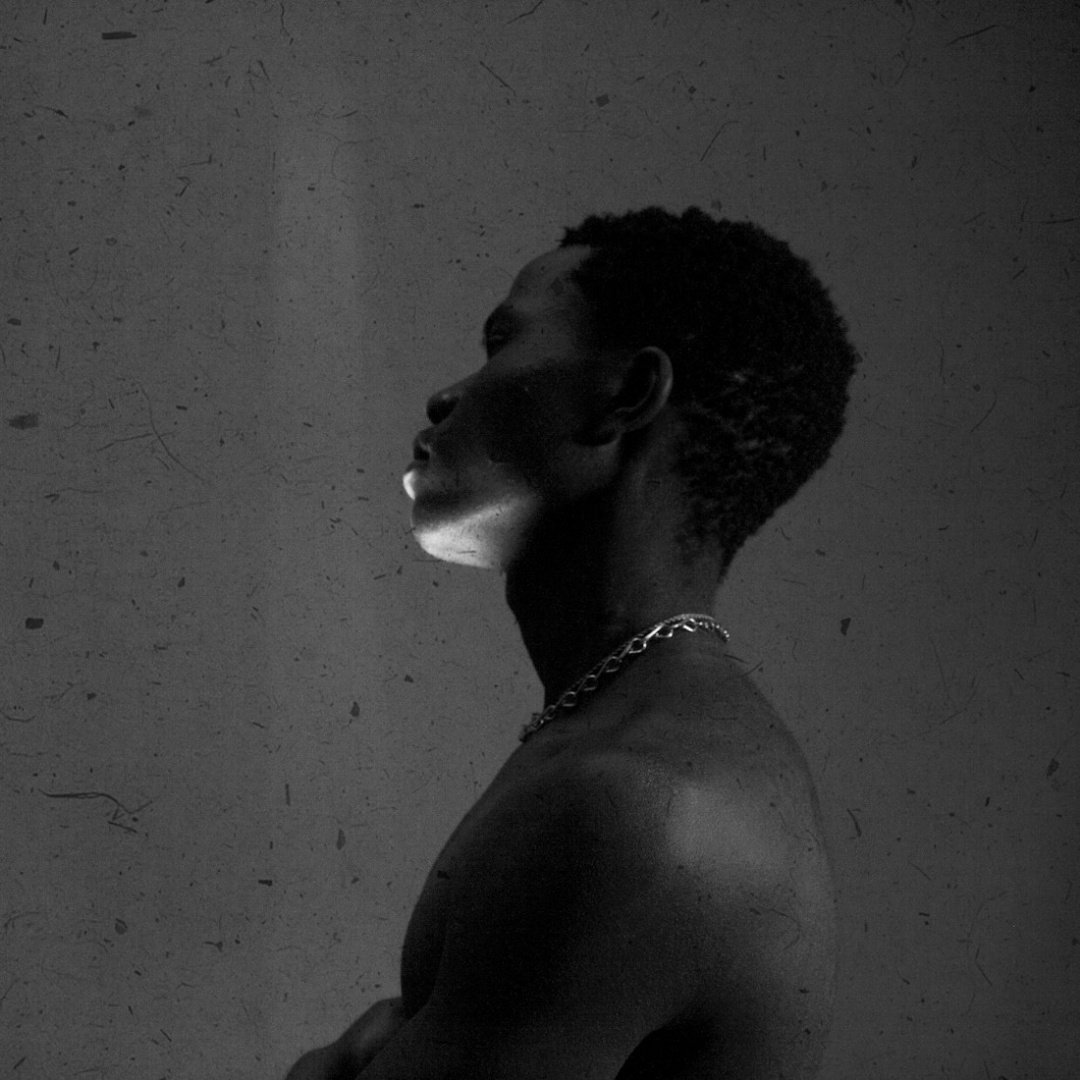
The Evolution of Consciousness Through Music
How can music help us uncover our highest potential? This article explores this question through the lens of Abraham Maslow’s Hierarchy of Needs. Largely misrepresented, recent studies suggest that Maslow’s highest human value was not self-actualisation (an expression of personal potential and ego) but self-actualisation, an experience beyond the ego through peak experience and communion with others. Music contributes to these higher goals by offering access to higher states, such as ‘flow’ described by Milhaly Csikszentmihalyi. Musical flow states offer a way participate in higher human ideals, moving beyond selfishness, egotism, and conformity to contribute to the evolution of human potential, health, and development.
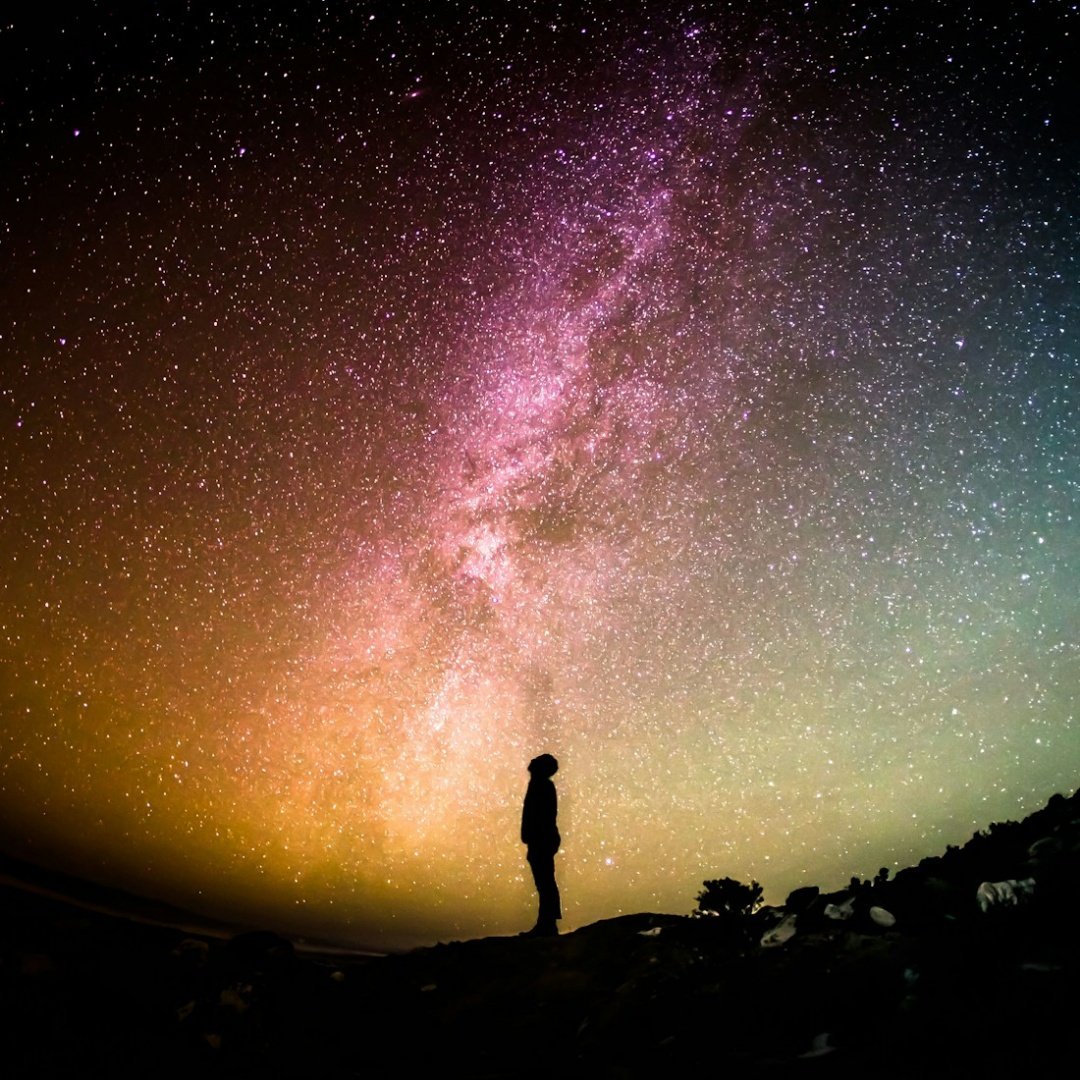
The Healing Power of Music
How does music heal ? This article explores this question and suggests that three core elements are necessary for music healing to occur. It uses examples from Latin American ritual, Catholicism, and electronic music festivals to suggest that differences in cultural music are united by these three core elements, used to produce music healing for different audiences and in different cultural contexts.
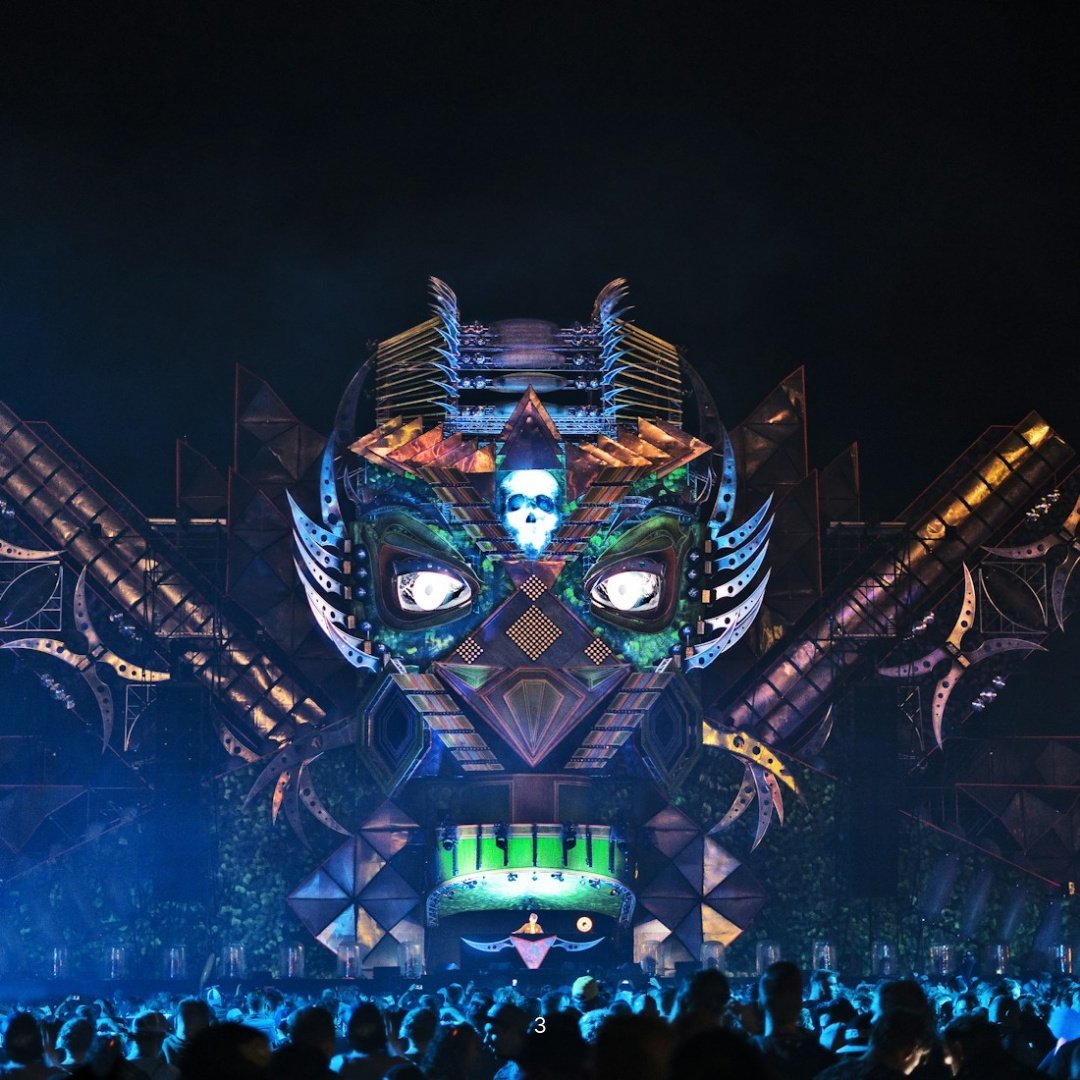
Modern Music Rituals: What are they and why do we need them?
What are music rituals and how do they differ between cultures? This article explores the traditional role of rituals, initiations, and cults, exploring their customary symbols, metaphors, and processes. It suggests that music rituals are aspects of most cultures, including in Australia, where ritual symbols and processes are expressed through performances, such as electronic music events, to produce experiences of transformation and transcendence.
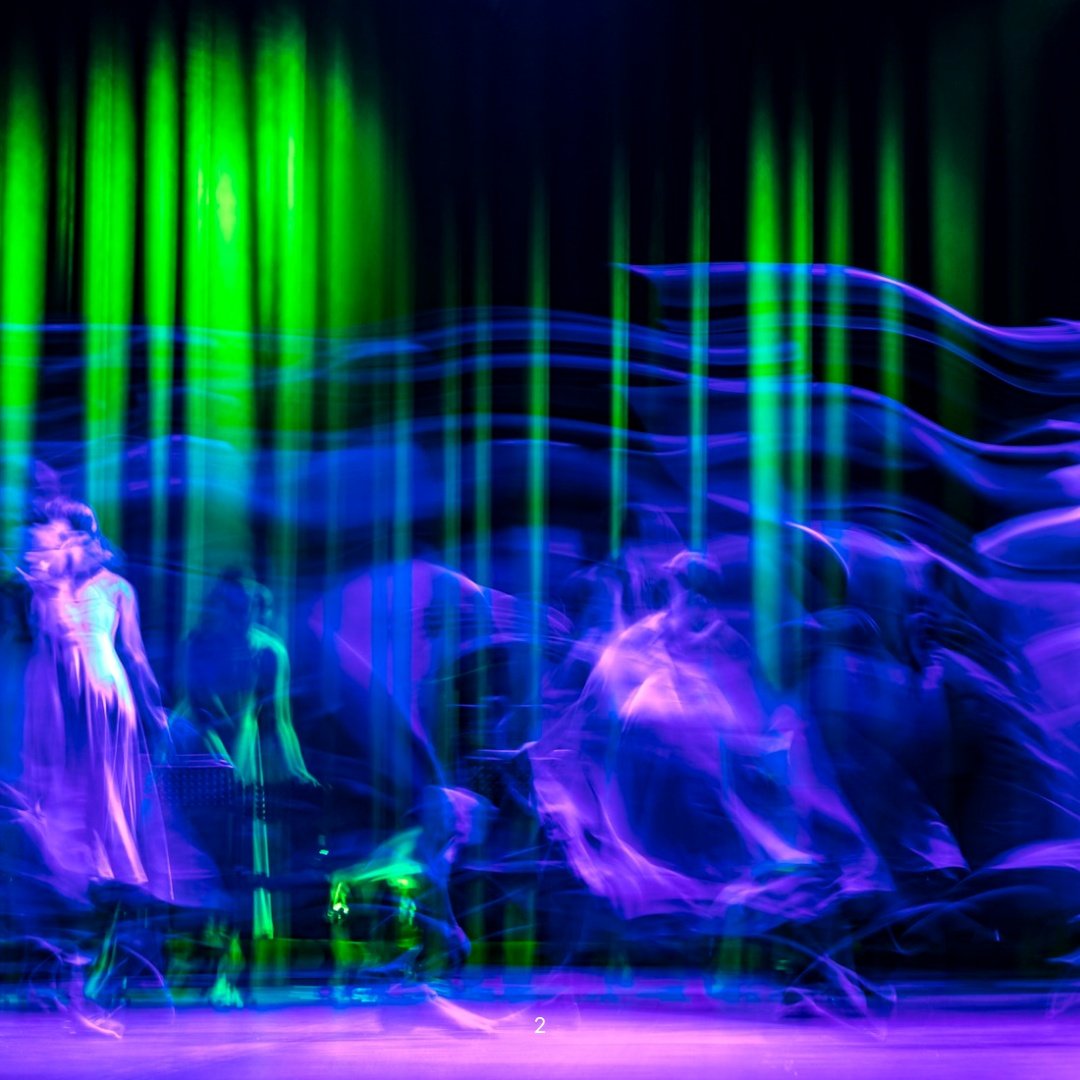
The Spiritual Quest of Art: Music as Symbol of Consciousness
What is the role of music and art in our society ? This article explores the different ways we create music and art, suggesting a distinction between utilitarian and symbolic art that has a powerful effect on culture. The article maintains that music created as symbol is an expression of the consciousness of the artist and culture, and provides greater benefit for the society because it enables the deep contemplation of universal archetypes that develop and evolve us and our communities.
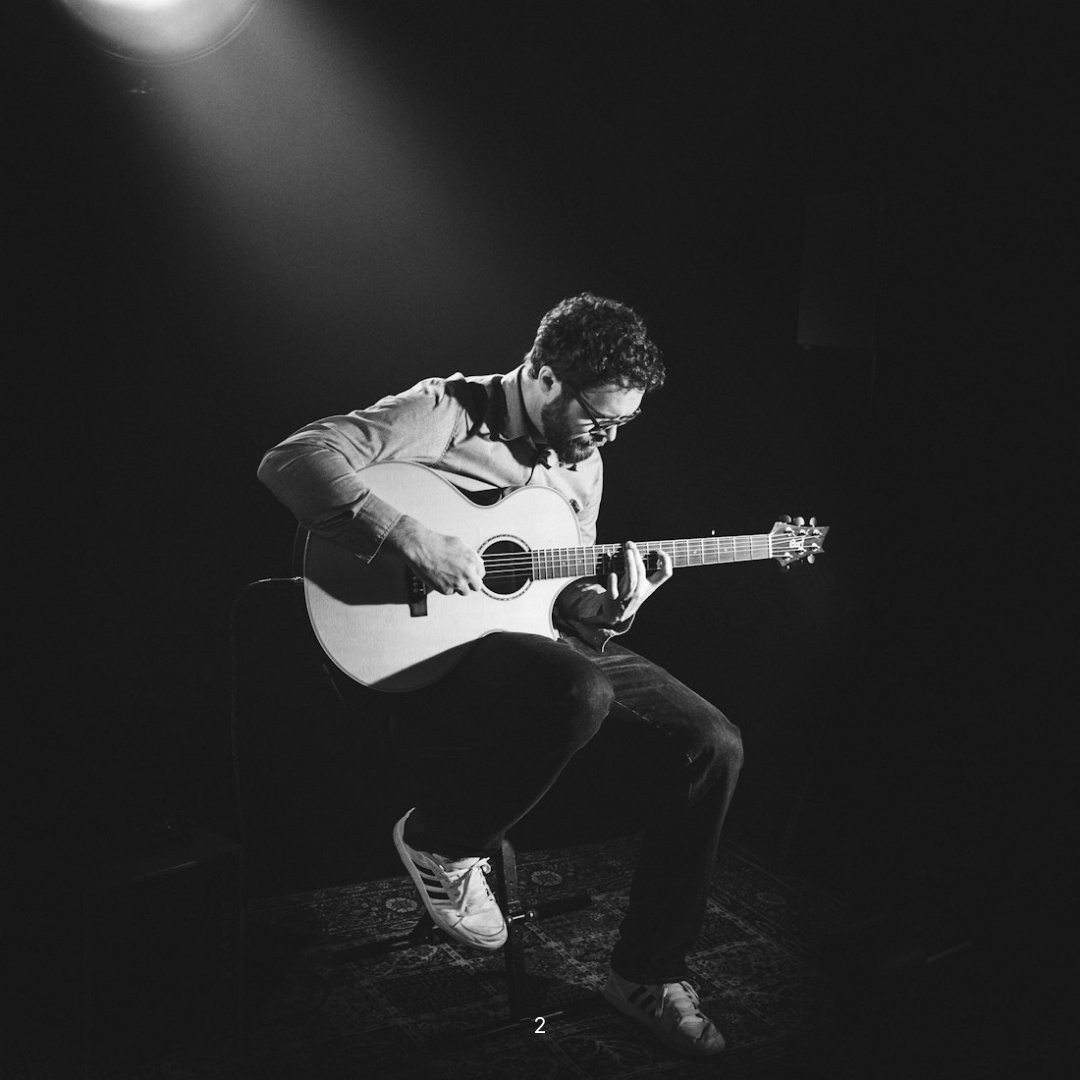
Beyond the Personal Self
How can music be used to create connection, enhance community cohesion, and increase social health ?
In this article we explore music improvisation, and how it enables us to move beyond our personal sense of self to envision a holistic musical experience.

The Psychology of Music: Transitions
How is music used to create altered states ?
In this article we explore the musical techniques that enable musicians to craft music that pushes audiences into trance and altered states. Based on research in music psychology, ritual, and global cultural practices, this article aims to change the way we think about music and its role in our lives.
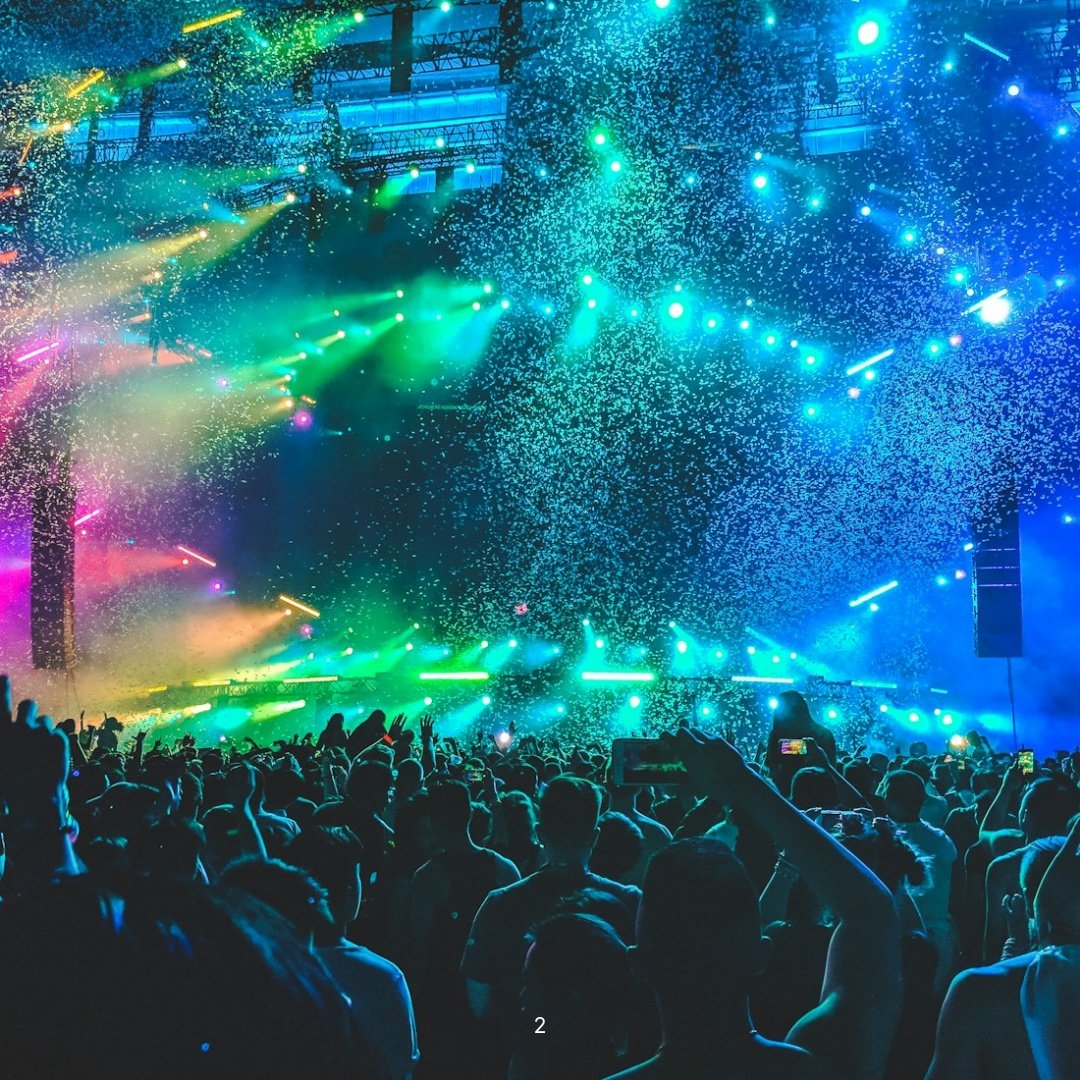
The Psychology of Music: Intensity
What is musical intensity and how is it used to create transformation in audiences ?
This article discusses how intensity is a critical component of music aimed at creating altered states, trance, and emotional catharsis. Based on research in music psychology, ritual, and global cultural practices, it seeks to change the way we think about music and its role in our lives.

The Psychology of Music: Arranging
What is music arranging, and why is it critical to powerful music experiences?
First in a series that explores the psychology of music, this article begins by offering us an insight into music arrangements, suggesting that these underlying structures are the key to creating powerful works that create impact, emotional affect, and altered states in audiences. Based on research in ritual, cultural practices, music psychology, and cutting-edge science.

